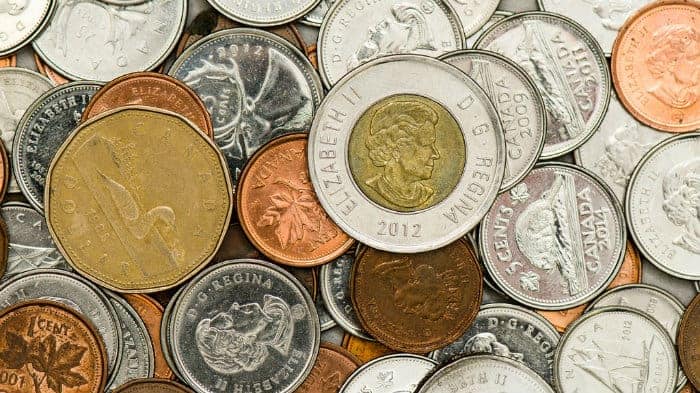It used to be relatively easy to get double-digit yields in Canada.
After the tech bubble burst in 2000, a new asset class started gaining popularity. These were income trusts–companies that used similar accounting rules as real estate investment trusts to effectively pay no tax. Profits were passed on to shareholders, who would then pay the taxes.
Because the company wasn’t paying income tax, yields on income trusts were huge. Dividends of 10% … 15% … even 20% weren’t unheard of. One of my first-ever investments was a heavy oil income trust that paid out an 18% yield back in 2003.
We all know how the income trust infatuation ended. The federal government put an end to that in 2006, closing the tax loophole which allowed these income trusts to exist.
In response, retirees and other income-oriented investors did exactly what you’d expect. They exited the income trust space and put that money to work in other yielding instruments. Dividend-growth stocks became popular, especially after interest rates declined during the Great Recession.
These days, double-digit yields are extremely rare. Sure, some exist, but they’re usually from companies that are at a high risk of cutting the payout. The market is giving investors a very clear message about the sustainability of the payout.
But there are a few double-digit payouts I think are sustainable, including this one from Bombardier, Inc. (TSX:BBD.B).
Bombardier? Really?
Bombardier has done some good things over the past few months.
The biggest is the company’s bailout from the Québec government. In exchange for a cash infusion of US$1 billion, the Québec government took a 49.5% stake in the CSeries program. Additionally, the Caisse de dépôt et placement du Québec, Québec’s giant pension fund, took a 30% position in the train division in exchange for US$1.5 billion.
The market has long speculated that a further US$1 billion bailout might come from the federal government, but I’m not sure it’ll happen. Reports from people close to the situation say that the talks have reached an impasse. And besides, at least one senior Bombardier manager has told reporters the company doesn’t really need the money from the feds. It would be more like a bonus at this point.
Another thing that concerned investors was Bombardier’s cash burn. The situation improved greatly in the company’s last quarter, with results showing a small uptick in the amount of cash on the balance sheet compared with the quarter before. And remember, that was before receiving any bailout cash.
Finally, CSeries orders have begun to pick up again. Air Canada announced a big CSeries order, and rumours are swirling that Delta Air Lines is about to give Bombardier an order worth billions as well. Considering how the company didn’t book one committed CSeries order in 2015, these two orders are very exciting.
Combine all that together, and it’s easy to see why the company’s common shares have more than doubled off recent lows. After years of the CSeries dragging things down, it looks as though there’s light at the end of the tunnel.
How to get 11%
How can investors get 11% from Bombardier, considering the company slashed the payout to zero on the common shares in early 2015?
Enter the preferred shares.
Specifically, let’s look at the Series 4 preferred shares, which trade under the ticker symbol BBD.PR.C. These preferred shares have a fixed payment of $0.39 per share each quarter. Unlike many other preferred shares that reset the interest rate every five years, this product keeps the same payout for as long as they’re outstanding.
The current share price for these preferred shares is $14.21. The company does have the right to redeem these shares at $25–something that isn’t going to happen anytime soon. But even if you have to wait 10 years for the redemption to happen, that still gives potential upside at around 7% a year. Including the 11% yield, this represents a potential 18% annual return.
At this point, I think it’s unlikely that Bombardier will declare bankruptcy. More dilution may affect common shares, but the preferred shares should be a good opportunity for investors to collect relatively safe double-digit yields.









